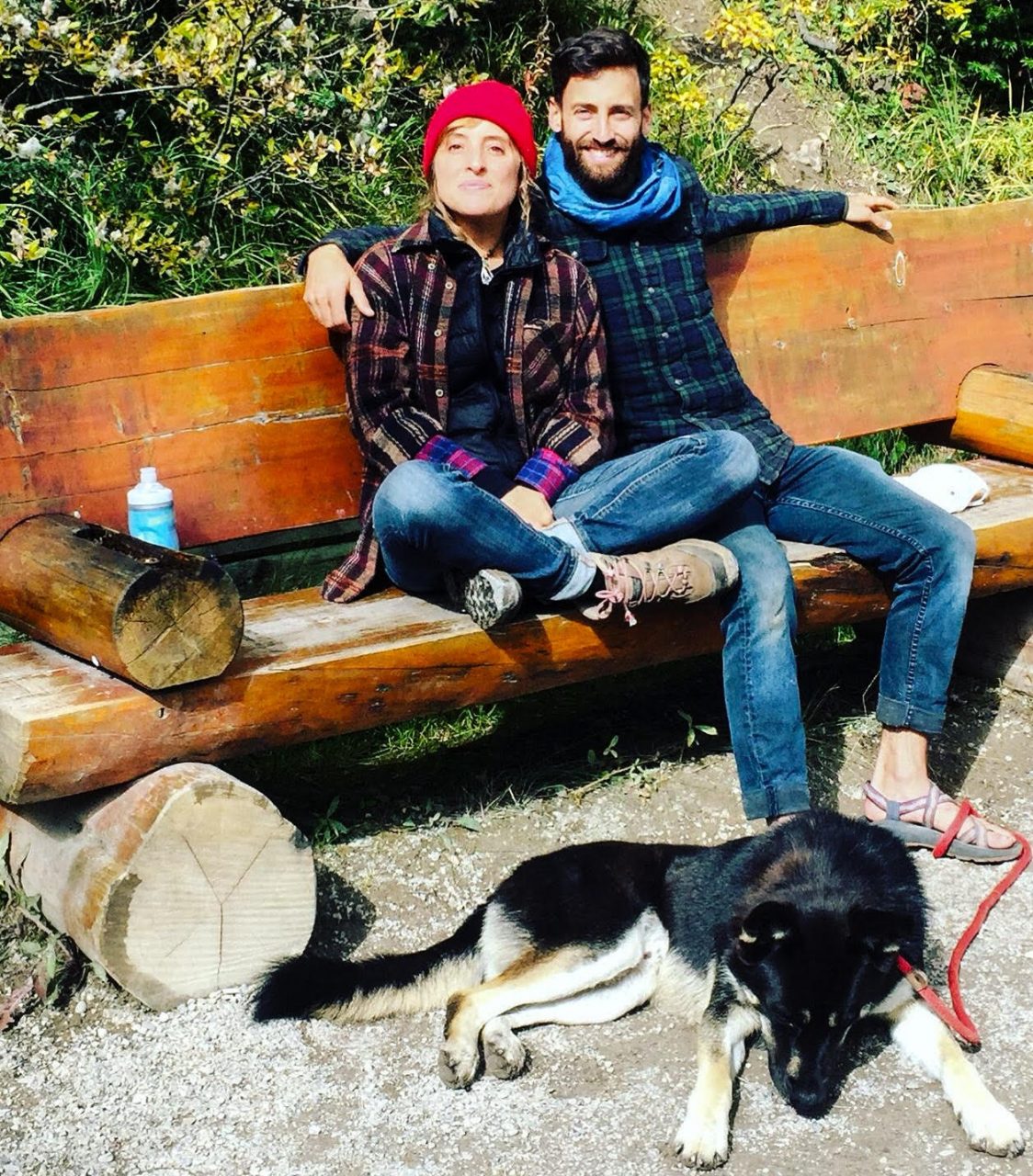BOAs we exit one of the busiest shopping weekends of the year, we wanted to highlight the importance of supporting small, local businesses, especially during the challenges of this current time. Being a small, family-run operation ourselves, we understand the importance of supporting local companies and especially, local farmers. In a time of unprecedented small business hardship, it is more important than ever to remember the small businesses of the hard-working people who grow our food.
Close to our own farm, the Mesa, on California’s central coast, we have partnered with a number of small, organic nonprofit farm operations that share our mission of healthful eating and environmental sustainability to supply our clients with high quality, locally grown, organic produce. In light of “Small Business Saturday”, we thought this would be the perfect time to sit down with them and introduce them to you, so you can get to know the real people and places that grow the produce that delights your NutriFit meals.
Today we’ll be highlighting Brandon Hurd and Olympe Rabaté, who manage the farm at the Arroyo Grande, California non-profit and intentional living community, The Lavra. Learn more about them, their farm and their philosophies at their websites TheEcologistCowboy.com, LearningFromLandscapes.com, and TheLavra.org.
1. When did you become a farmer? What influenced your decision to start growing food?
We started farming two years ago. We discovered farming while volunteering on organic farms (through “WWOOF” [World-Wide Opportunities through Organic Farms]) and became attracted by a change in lifestyle. We realized growing your own food can also enhance local biodiversity.
2. What variety of crops do you grow?
We tend to grow a little bit of everything. We just harvested our summer crops with a focus on tomatoes, scarlet runner beans, peppers, Jerusalem artichokes, pomegranates, berries, squash, rainbow chard, kale, and tree collard. Currently, we are planting winter greens, asparagus, rhubarb, new fruit trees, oak trees, and prepping soil for next year. We also have eggs, cheese from the goats, and wine from our small vineyard year-round.
3. What is your philosophy around growing food?
We are always experimenting with the food we grow and have a combination of traditional annuals [plants that live about one growing season] and more unique perennials [plants that live more than two seasons, generally dying back in autumn and blooming in spring]. Ultimately, we’d like to convert much of the farm to perennial crops to mimic a natural ecology. We choose minimal and no-till farming to protect the soil health and sequester carbon.
4. How do you see your role in the community?
Since the farm is connected to the non-profit The Lavra, we offer a place for gathering, hosting events, and educational workshops / lectures.
5. What has been your greatest challenge as small farmers?
After visiting many successful organic farms, we saw people struggle making a living even when selling high-quality produce. So, our approach has been to sell to niche markets and make value-added goods. Our main revenue still does come from hosting workshops, events, and experiences at the farm using the produce we grow.
6. You grow some amazing varietals of produce; do you have a personal favorite?
Although we love what we grow, we are very excited about foraging for wild food as a sustainable way to eat: acorns, prickly pear, seaweed, mushrooms, etc. Native Americans have eaten these foods for over 12,000 years in a way that is harmonious with nature and we hope to learn from those practices.
7. Do you have any new or upcoming projects you’re particularly excited about?
Things we are very (very) excited about: our mushrooms that will soon be fruiting from our plugged oak logs; our new aquaponics that will help us save water while creating a closed-loop ecosystem between fish and veggies; and our forest garden that will combine different species to grow a lot of (perennial) food in a small space using layers and synergies found in a natural forest.
8. If you could share any message with NutriFit clients, what would it be?
“Support farmers who care about the nature that supports us by eating perennial and organic food, along with focusing on wild and native resources.” – Brandon
“Mindful eating is the key to reconnect with your food, where it comes from, who grows it, and the benefits that it has on you. Slow down and enjoy it.” – Olympe
